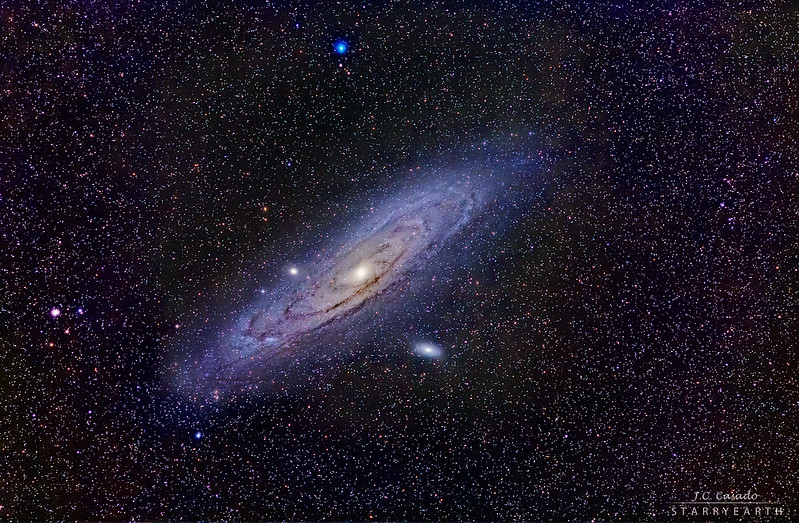3.4.6 Science and Theology: Where the Consonance Really Lies

The Andromeda Galaxy (M31, or NGC 224) is a spiral galaxy approximately (2.5 million light-years from Earth.
“‘Science,’ even more than ‘theology,’ is an abstraction, however disposed we may be today to imagine that it names a clearly defined realm of practices, comprising exact rules of method and comprehensive principles of evidence. Moreover, “modern science,” in particular, is a distinct culture, with all the historical, linguistic, and conceptual conditionality that this entails; and every culture incubates within itself, even if only tacitly and tenuously, certain metaphysical presuppositions: what, for instance, constitutes reason; what the limits of knowledge are; what questions ought to be asked; which methods of inquiry should be presumed to reflect reality and which should be regarded only as useful fictions. And it is here, at the level of culture, that the truly irreconcilable conflicts between scientific and theological thinking are inevitably found; for in most circumstances it is not what we can prove, but what we presuppose, that determines what we think we know or imagine we have discovered.”
This article argues that “theistic logic” is categorically antithetical to “materialist metaphysics.” This is because the battle is not primarily one of competing “facts” but of competing cultures. Do you find the essay persuasive, and how do you contrast it with the approach taken in the “Metaphysics of Metamorphosis” earlier? How does it overlap with “The Great Chain of Consciousness”? This is an advanced article and may be challenging for many readers. Rather than seeking to understand every word, we suggest readers use context to grasp the contours of the argument. We have selected straightforward questions to help you understand the text, below.
Read: Science and Theology: Where the Consonance Really Lies // Renovatio
Guiding Questions:
- How does the author define “metaphysical naturalism”?
- What metaphysical presuppositions does the author list?
- How would the “science-based metaphysics” described in 3.4.2 by John Dupré answer each of the metaphysical presuppositions above?
- How does the author argue that theology and science differ? Does he agree that they are “non-overlapping magisteria”?
- Why does the author argue that the scientific search to understand the world–the search for rational intelligibility–“is one of the paths of the mind’s journey into God”? What do you think?
Thumbnail: M31 Galaxy. Photo Credit: J C Casado. CC BY-NC 2.0.


